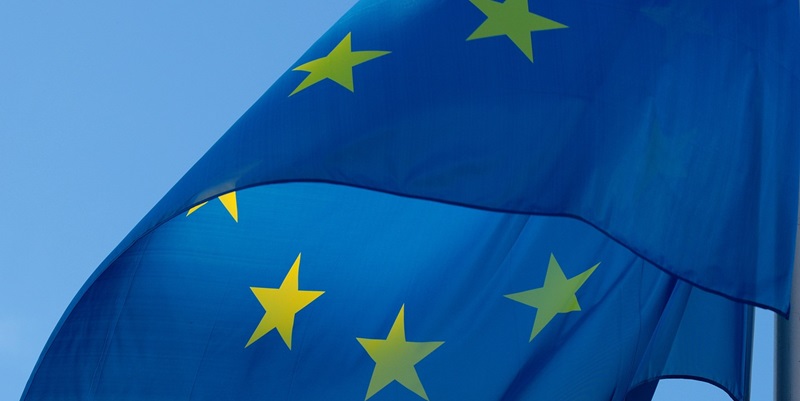After intense and marathon negotiations spanning nearly three days, European Union lawmakers have successfully reached a political deal on a risk-based framework for regulating artificial intelligence (AI). This landmark development ensures the imminent arrival of a pan-European AI law, making it a global first in comprehensive AI regulation.
The agreement entails a limited ban on the use of remote biometric identification technology by law enforcement in public places. While not a complete prohibition, this reflects a cautious approach to balancing security concerns and individual privacy rights.
Additionally, the deal includes stringent obligations for AI systems categorized as “high-risk”. Such systems must adhere to specific requirements to ensure transparency, accountability, and robust safeguards to protect against potential risks or biases. The intention behind these measures is to foster trust and minimize potential harm to individuals and society at large.
Transparency requirements are also imposed on foundational models and general-purpose AIs (GPAIs). By enhancing transparency, these provisions aim to improve public understanding and confidence in AI technologies, as well as foster collaboration between researchers, businesses, and policymakers.
EU legislation seeks to provide legal and technical certainty for European developers, startups, and future scale-ups. By offering a clear regulatory framework, the law aims to stimulate innovation, investment, and growth in the AI sector within the EU. This support will contribute to Europe’s position as a global leader in ethical and trustworthy AI development.
To ensure compliance, the AI Act introduces penalties for non-compliance. The fines can range from €35 million or 7% of global turnover to €7.5 million or 1.5% of turnover, contingent upon the severity of the infringement and the size of the offending company. These penalties demonstrate the EU’s commitment to maintaining high standards and deterring any potential abuse or negligence.
While celebrated as a significant milestone, the agreement allows for a phased implementation after the law is adopted. This gradual approach acknowledges the complexity of AI regulation and provides sufficient time for stakeholders to adapt and comply with the new requirements. It also enables necessary adjustments to be made based on evolving technological advancements and feedback from industry experts.
Despite the EU’s achievement in securing a deal on world-first AI regulations, it is important to note that the bloc’s lawmaking process is ongoing. The agreed-upon framework sets a strong foundation, but further refinements and adjustments may be required as AI technologies rapidly evolve and present new challenges. This dynamic nature necessitates ongoing dialogue, collaboration, and continuous improvement in AI governance.
The EU’s commitment to balancing innovation, ethics, and public welfare is commendable. By establishing comprehensive AI regulations, the EU is showcasing its dedication to shaping the AI landscape in a responsible and human-centric manner. As the pan-European AI law progresses toward implementation, all eyes turn to see the effects it will have on European developers, startups, and future developments. The EU’s pursuit of legal and technical certainty aims to foster an environment conducive to European AI innovation, promoting trust and ensuring responsible AI practices in the years to come.

